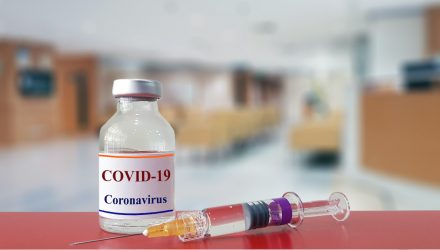In the continuing quest to find a vaccine for the coronavirus, the World Health Organization announced Wednesday it is dropping hydroxychloroquine, the malaria drug backed by President Trump, who claims it has helped him, from its global study that examines potential treatments for Covid-19.
The WHO decided to terminate the trial following another separate trial that showed the drug would not be beneficial, said Ana Maria Henao Restrepo, a WHO medical officer.
The drug spawned enthusiasm earlier in the year after a handful of small studies indicated that it could be helpful. However, several larger studies showed the drug was not efficacious and actually resulted in cardiac issues in some patients. In fact, a recent study published in the New England Journal of Medicine revealed that hydroxychloroquine was no more effective than a placebo in curbing coronavirus infections.
On Monday, the FDA said it was stopping its emergency use authorization for chloroquine and hydroxychloroquine after concluding the drugs were “unlikely to be effective” against Covid-19.
“Additionally, in light of ongoing serious cardiac adverse events and other serious side effects, the known and potential benefits of CQ and HCQ no longer outweigh the known and potential risks for the authorized use,” the FDA wrote in its notice Monday.
There has been other positive news on the vaccine front, however. Oxford researchers said in a press release Tuesday that another drug, dexamethasone was found to reduce deaths in patients with severe COVID-19, such as those on ventilators or oxygen.
The World Health Organization said in a statement Tuesday that “the researchers shared initial insights about the results of the trial with WHO, and we are looking forward to the full data analysis in the coming days,” and that the WHO will continue to look further into the study.
In a briefing Wednesday, WHO officials cautioned that Dexamethasone use should be reserved for severe cases, and it should be avoided for prevention right now.
“Dexamethasone was shown to not have a beneficial effect for those with milder disease, who did not need respiratory support,” Tedros said. “We need more therapeutics that can be used to tackle COVID-19, including those with milder symptoms.”
“It’s exceptionally important that this drug is used under medical supervision,” Dr. Mike Ryan, executive director of the WHO’s health emergency program, said. “This is not for mild cases. This is not for prophylaxis.”
The results from the Oxford trial were “very significant,” but it was only one study, Dr. Mike Ryan, executive director of the WHO’s emergencies program, said Wednesday. “We have to see the real data, the full data.”
Biotech exchange-traded funds have surged this year, driven by the enthusiasm around an experimental vaccine from Moderna, and a plethora of other early candidates and treatments to smash the pandemic.
“There are some interesting ETFs out there, and some provide the best way to get exposure to the stocks set to benefit from the Covid-19 crisis,” says James Budd, Analyst at ETF Global, adding that fund managers are rapidly adding biotech stocks to their portfolio.
While the Coronavirus pandemic continues dominating healthcare sector headlines, investors shouldn’t fret that biotechnology ETFs will be left vulnerable when the virus is finally vanquished. That means investors who prefer ETFs can look at funds like the First Trust NYSE Arca Biotechnology Index Fund (FBT) and the VanEck Vectors Biotech ETF (BBH), among other biotech ETFs.
For more market trends, visit ETF Trends.
